If the weather is too hot and humid, you may want to use an air conditioner to stay cool. Apart from maintaining temperature and moisture, it can also improve air quality.
However, your electricity bills will likely go up! That’s not nice at all, right? Well, you can lower your electricity bill if you know when to turn on the air conditioner.
Most people turn off the AC while they are at work and turn it back on once they get home to save money. But to be honest, this approach isn’t helpful at all!
Don’t worry, though. We are here to guide you with our effective tips and tricks on how to lower your electricity bill.
Best Time to Turn On Your Air Conditioner
If you keep asking yourself this question: what is the best time to turn on your air conditioner in the house? The answer is – to keep it on at all times.
Keeping your air conditioner turned on during the day will be more economical unless you are on vacation or planning to spend a few nights away from your home.
The primary function of air conditioners is to maintain a stable temperature. When you live your AC on during the day, it spends fewer units to keep your home cool, thereby reducing your overall energy bills.
HVACGUIDES101’s BOTTOM LINE
Keep the AC ‘ON’ at all times.
Related: Can You Leave a Window Air Conditioner On All Day?
Some Tips to Lower Your AC Bills
Turning on the AC at all times helps, but there are other steps you should take to make the actual difference. These additional tips will help you save money on electricity bills:
Upgrade Your Thermostat
Having a smart thermostat can work wonders. It allows you to control the room temperature with the help of a phone application. You can set temperatures for specific days, times, and weeks, so your AC adjusts automatically.
For example, you can set your AC to be cooler during the day and a little warmer at night. This approach automatically results in a reduced power bill every month.
To set the smart thermostat effectively, keep a close eye on the temperature during different hours of the day and program it accordingly.
Another important thing to keep in mind is the placement of your thermostat. You should avoid extreme temperature areas such as near windows, doors, and bathrooms. If you won’t, your thermostat will think your room is cooler or warmer than it actually is!
Read also: Room Temperature Does Not Match Thermostat Setting
Use of Ceiling Fans
Using a ceiling fan will help ensure your room temperature stays cool. As a result, your AC will not have to work too hard, while also bringing down utility bills. We would recommend going for a smart ceiling fan as it gives you more control.
You can also automate the operating of your smart fan using an app.
Read Also: Can You Have a Ceiling Fan On While Using a Humidifier?
Control Room Temperature
If you are out on vacation or traveling somewhere, it makes no sense to keep your air conditioner turned on. However, you can still control your room temperature by closing the blinds.
Using a diffuser once in a while helps as well. You can also install light-reflecting sheets on your windows.
Taking these small measures ensures that your air conditioner doesn’t have to work hard to maintain the temperature.
Recommend: Putting Aluminum Foil on Windows to Keep the Heat Out
Clean Your Air Conditioner
A clean air conditioner delivers optimal performance and lowers electricity bills. You need to make sure that there is no dirty filter. Doing a yearly AC cleaning generally does the job.
If required, you should replace the filters to see a difference in the energy bills. Check your AC for any possible refrigerant leaks. Also, look over the coils (evaporator and outdoor), and adjust the blower’s components. You may want to call professional help if necessary.
At What Temperature Should You Turn on Your Air Conditioning?
Honestly speaking, there is no standard temperature. We all live in different climates with various temperatures.
With that being said, the department of energy recommends keeping your air conditioners at 78 degrees Fahrenheit. It offers a comfortable room temperature and is not too hefty on energy bills.
While 70 °F is perfect in most cases during the daytime, it can be a little too much for the nighttime. Some people may get uncomfortable sleeping at that temperature during the night. A general recommendation is to keep the AC temperature between 60 °F and 67 °F. Of course, you can adjust it according to your preference and weather.
Final Thoughts
Despite following all the above measures, if your energy bills are still high, opt for a professional checkup. It might just need a simple repair or a professional cleanup.
Even if it is working fine, we recommend going for a spring cleanup every year. It not only ensures that your AC is running well but can also have a positive impact on high energy bills.

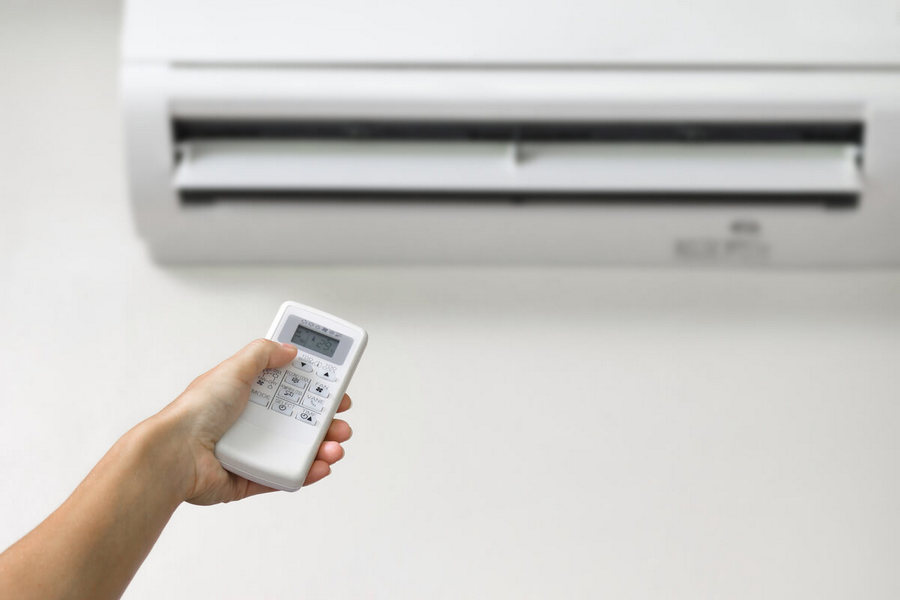
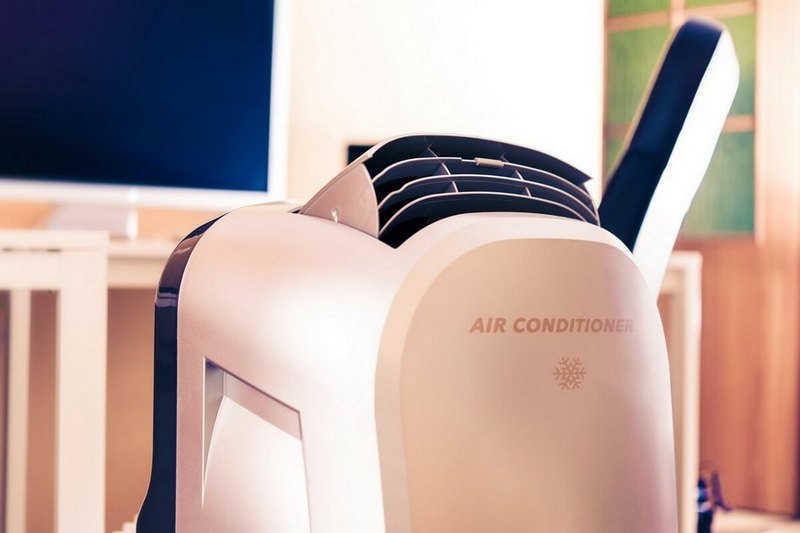
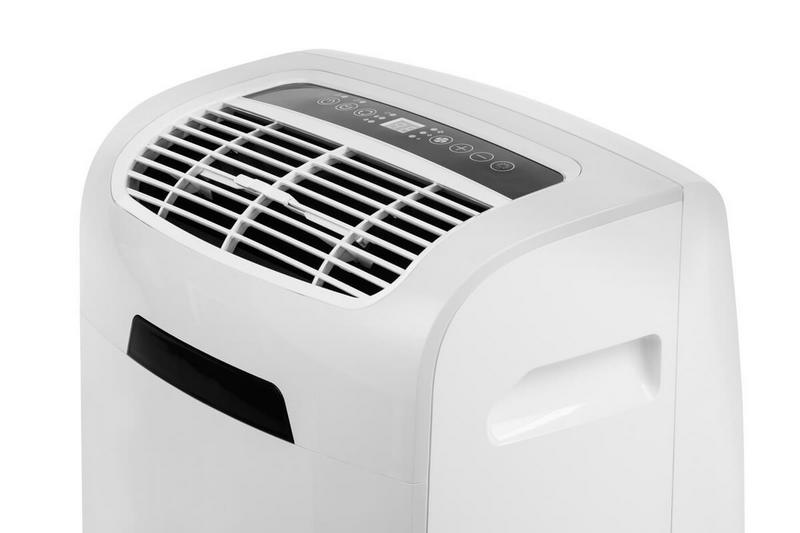
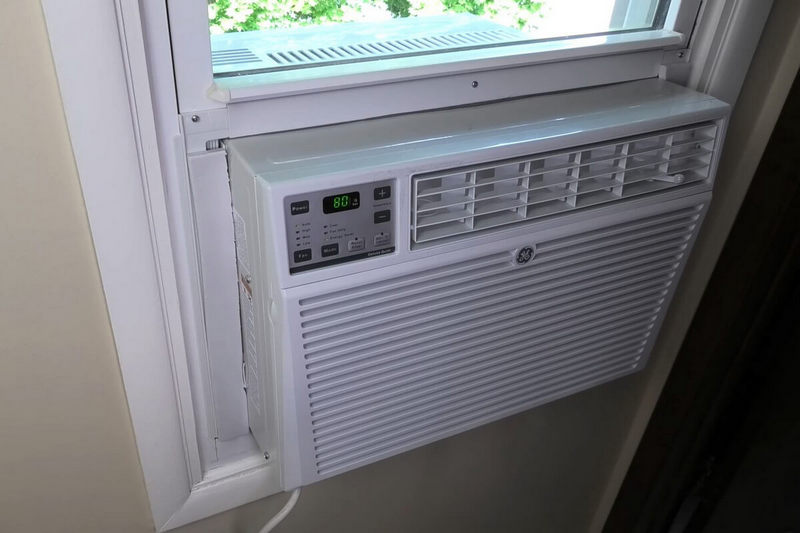


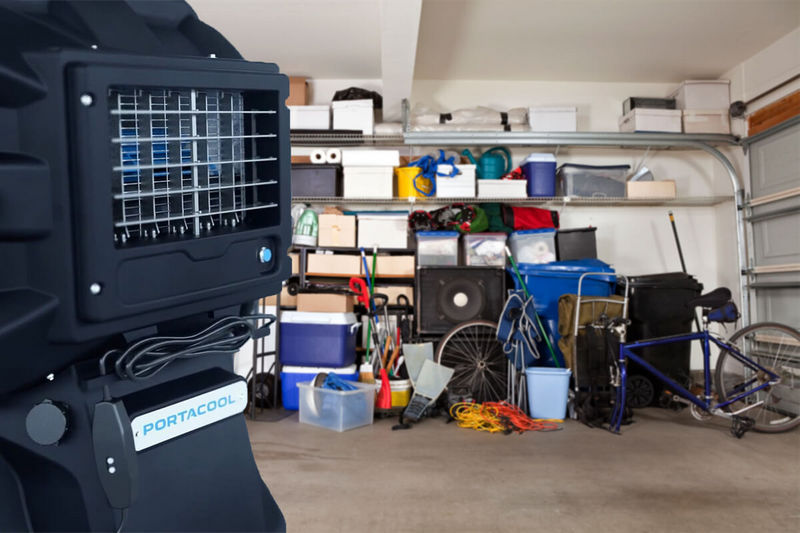
Are there any potential health concerns associated with using the AC for extended periods of time?
Yes, there are some potential health concerns associated with using the AC for extended periods of time. One of the major concerns is that it can lead to dehydration as it removes moisture from the air, which can cause dry skin, eyes, and throat. Additionally, if the AC is not maintained properly, it can circulate mold, bacteria, and other harmful particles that can cause respiratory problems. Therefore, it’s important to use the AC in moderation and maintain it regularly to ensure it’s functioning properly.